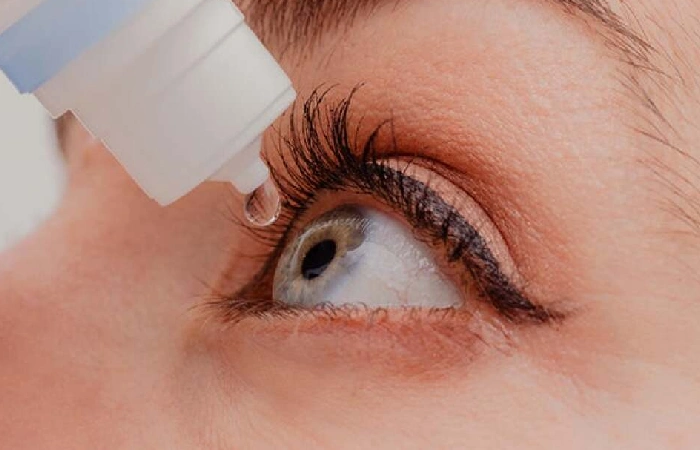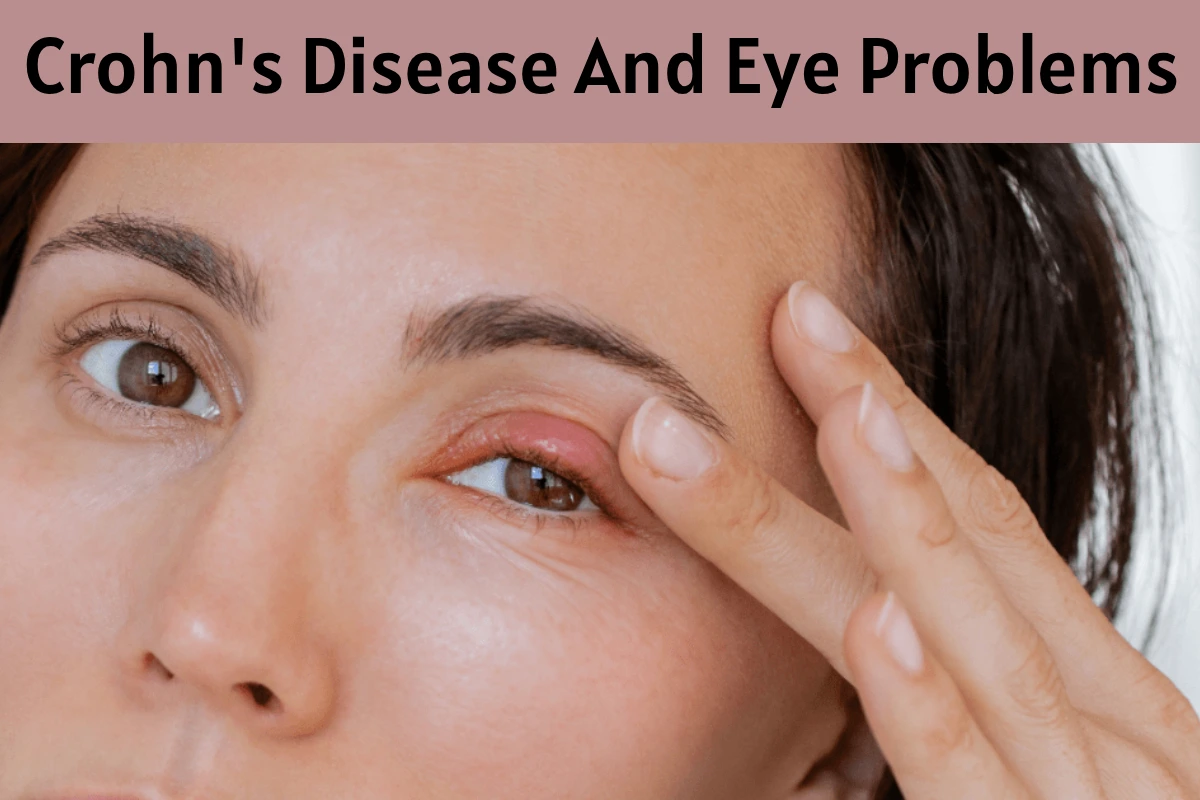Table of Contents
Introduction
The central eye problem that can happen with Crohn’s disease is Episcleritis. This is the bump of the white portion of the eye called the sclera. It’s typically not painful but can kind your eyes look red and annoyed.
What Eye Problems Does Crohn’s Disease Cause?
The irritation doesn’t always stay in your peptic tract when you have Crohn’s disease. Up to half of the persons with Crohn’s disease also have irritation in the judgments or other form parts. Your doctor might call these indications extraintestinal appearances or EIM. Ocular inflammation is the third most shared type of EIM. Therefore, seeing an eye doctor (an ophthalmologist) is vital when you notice any alterations in her vision. Even eye exams are also crucial. They can notice eye complications early and perhaps other health problems before symptoms seem.
Does Crohn’s Disease Cause Eye Problems?
Approximately factors likely trigger eye problems in people with Crohn’s disease. These comprise:
Immune response. Crohn’s disease can injure the lining of your intestine. This lets toxins and proteins called antigens leak from the digestive area into the bloodstream. Your immune system sees these materials as damaging and attacks them like your gut. This can trigger irritation in the eyes and other parts of the body. Family history. Studies suggest that a family history of Crohn’s disease may upsurge the chance of eye inflammation, even if you don’t have genetic factors linked to the disease.
Oral Steroids And Other Medications.
Some treatments for Crohn’s disease can cause eye problems. For example, steroids increase your income by mouth and increase the incidence of glaucoma or high pressure in the eye. They do the same with waterfalls, which cloud the lens. In addition, tumor necrosis factor blockers such as infliximab and etanercept can trigger an eye disorder called uveitis. If you require these medicines, ask your doctor how often your eyes are decked.
Occasionally, eye inflammation seems to be before intestinal symptoms. If you have numerous episodes of eye inflammation, talk with your doctor about screening for Crohn’s disease.
The Risk Factors For Crohn’s Disease And Eye Problems

Anybody with Crohn’s disease can have eye inflammation. It is more possible if you:
- Females remained assigned at birth
- You have symptoms mainly in the colon
- have recurrent breakouts
- they are older
- You have arthritis or other health difficulties.
What Eye Problems Does Crohn’s Disease Cause?
The central eye glitches that can ensue with Crohn’s disease are:
Episcleritis. This is the inflammation of the white portion of the eye called the sclera. It’s usually not painful but can kind your eyes look red and angry. Episcleritis looks to track irritation in the intestine. In other words, when your Crohn’s disease flares up, so does the episcleritis. It goes away when your gut calms down. It usually doesn’t require essential treatment, but a cold compress or oiling eye drops (also called artificial tears) can assist.
Scleritis.
This rare eye irritation can look like episcleritis but is much more plain and sore. The most common treatment is nonsteroidal anti-inflammatory drugs such as ibuprofen. However, these are not the finest choice for people with Crohn’s disease. Although NSAIDs overpower inflammation, they also rob the digestive system of materials that defend it. If your symptoms continue to be severe, your doctor may endorse steroid pills.
Uveitis.
This is irritation of the uvea, the mid sheet of the eye between the sclera and the internal layers of the eye. It is one of Crohn’s disease’s most common eye problems, but it is typically not accompanied by other signs. If your Crohn’s disease flares up, that doesn’t mean uveitis will. However, warning signs like redness, pain, and blurred idea can appear abruptly in one or both eyes.
Also read: https://www.smarthealthweb.com/how-to-stay-calm-under-pressure/

